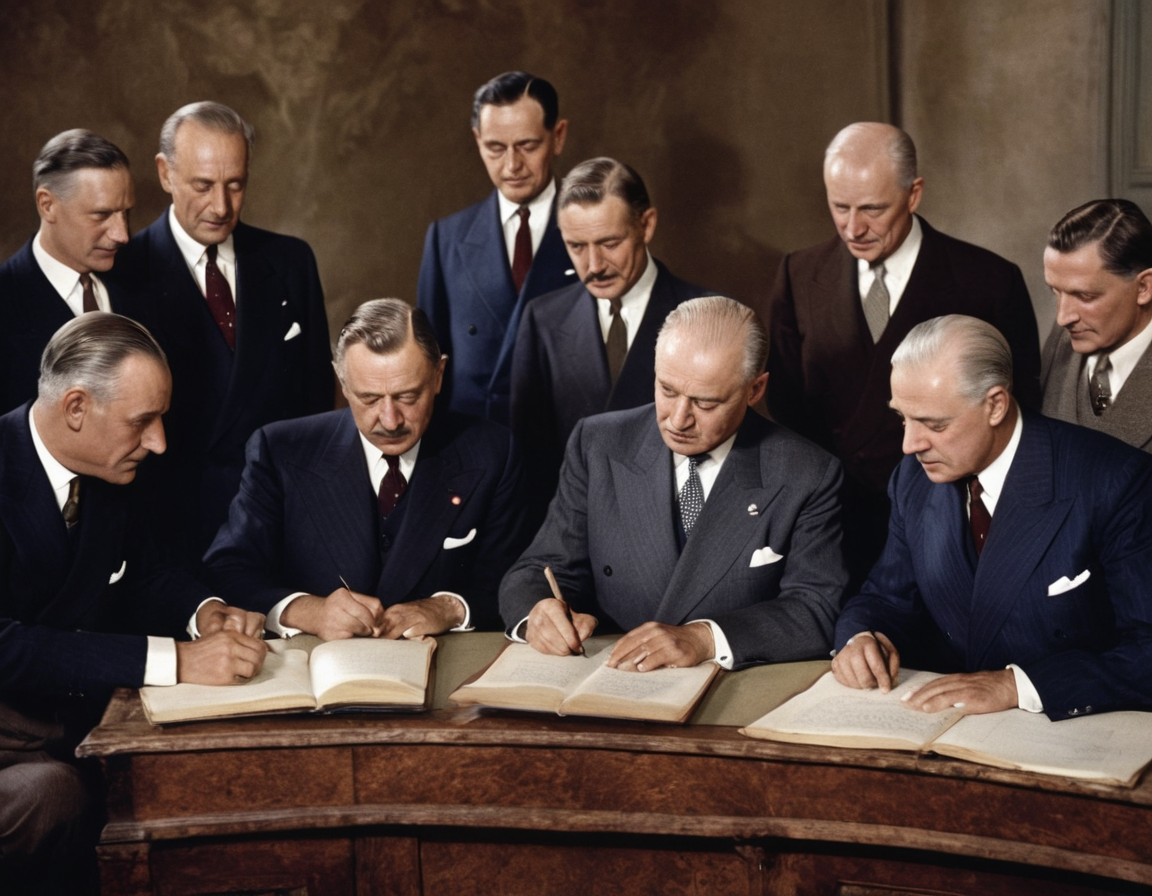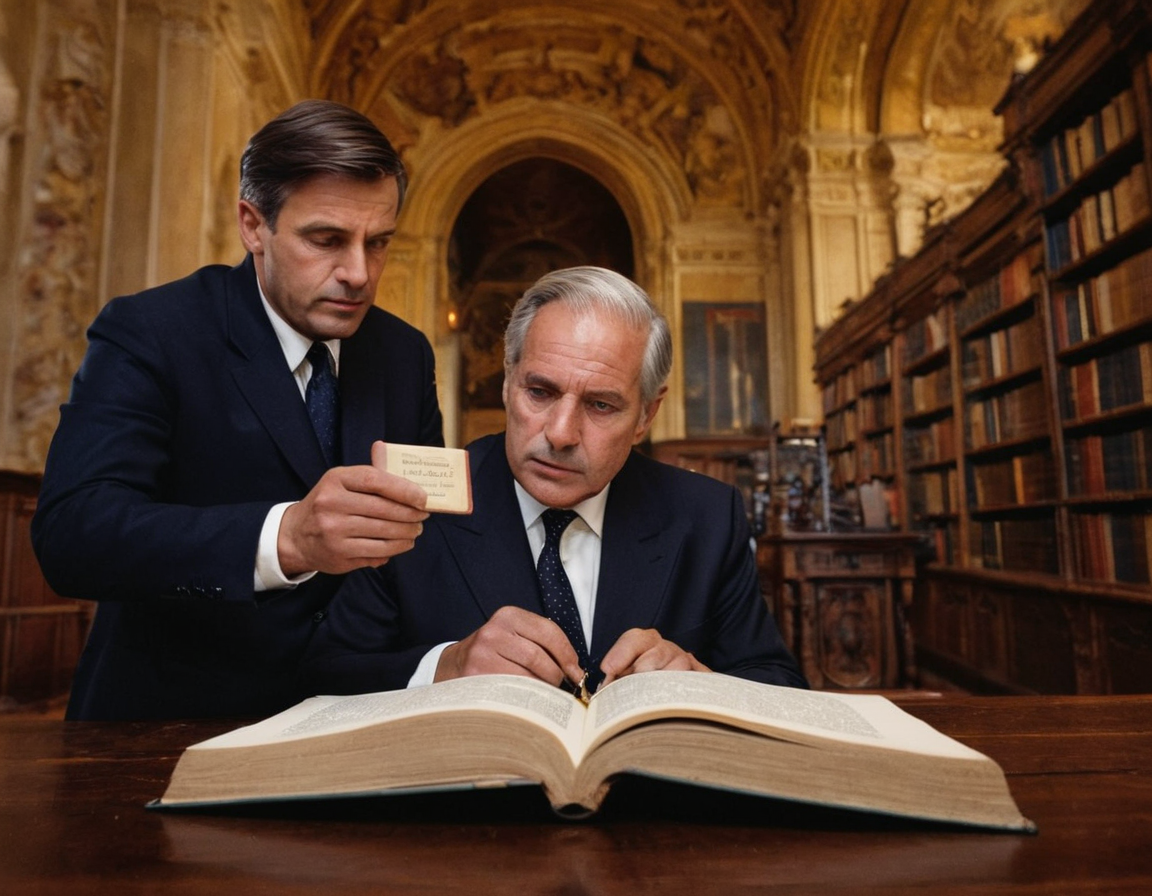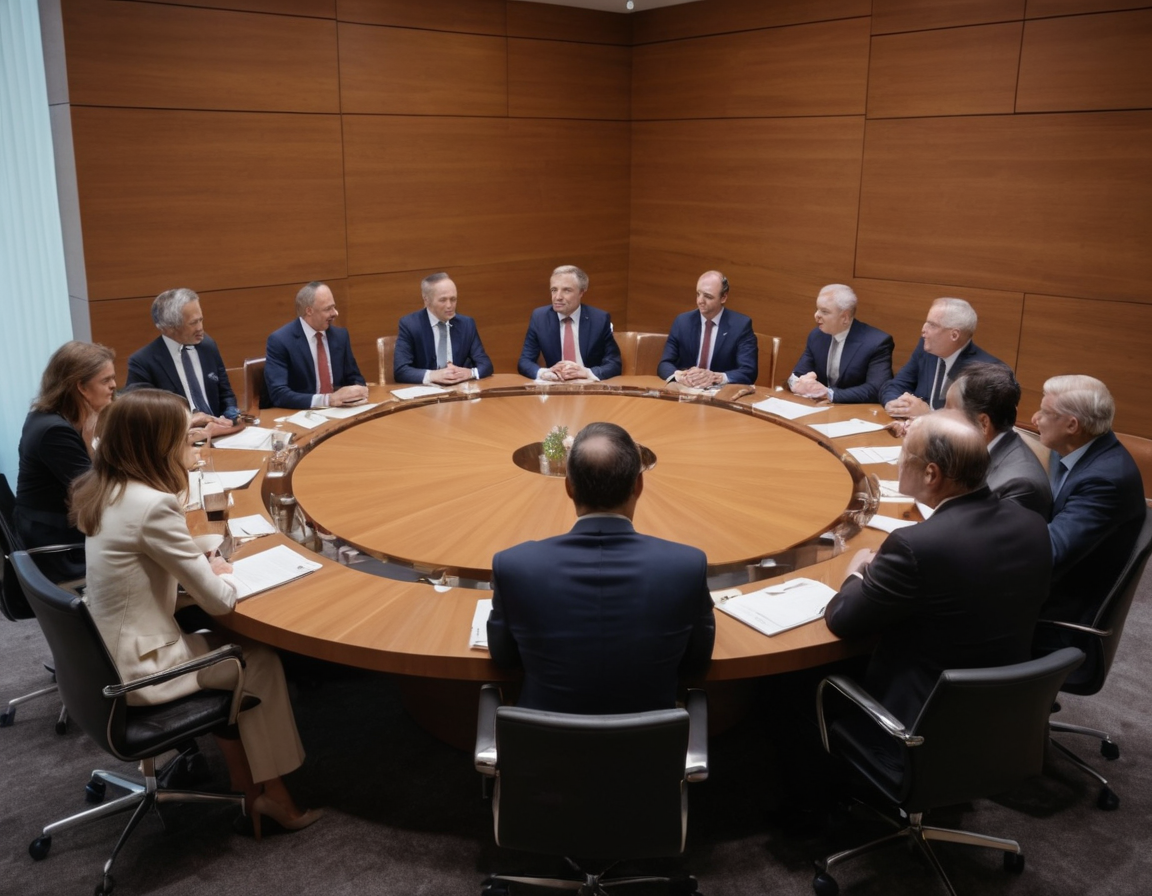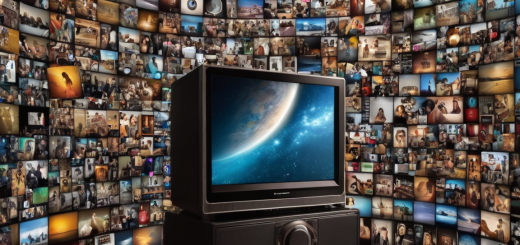Remembering Munich: The Lessons We Can’t Afford to Forget
Understanding the Munich Agreement: A Historical Perspective
In the year 1938, the world witnessed a critical moment—the Munich Agreement. This historical event is often remembered for the appeasement policies that it represented, as major European powers tried to prevent a war by conceding to the demands of Nazi Germany. Today, we’re delving into the lessons of Munich and why it still resonates in our modern geopolitical landscape.
The Munich Agreement Explained
The Munich Agreement was signed on September 30, 1938, among Germany, the United Kingdom, France, and Italy. The accord permitted Nazi Germany’s annexation of the Sudetenland, a region of Czechoslovakia inhabited largely by ethnic Germans.  The agreement was a desperate attempt to avoid the outbreak of war across the continent. However, it came at a high cost, sacrificing the sovereignty of Czechoslovakia and emboldening Adolf Hitler’s expansionist policies.
The agreement was a desperate attempt to avoid the outbreak of war across the continent. However, it came at a high cost, sacrificing the sovereignty of Czechoslovakia and emboldening Adolf Hitler’s expansionist policies.
Lessons from the Past
So, what can we learn from the Munich pact’s aftermath?
- Negotiating with aggressors without leverage can lead to more demands, not peace.
- The importance of standing with allies and respecting the sovereignty of nations.
- Appeasement can sometimes be a precursor to, rather than prevention of, conflict.
It’s important that current and future leaders reflect on these lessons.  The stakes are high, and the consequences of forgetting history could be dire.
The stakes are high, and the consequences of forgetting history could be dire.
Modern Reflections
In our current global climate with geopolitical tensions rising in various regions, the Munich Agreement serves as a powerful reminder of the importance of a united front in the face of aggression and the preservation of international law. 
Conclusion
The Munich Agreement was more than just a moment in history; it’s a lesson in diplomacy, power, and the human cost of political decisions. Let’s honor those who suffered from its outcome by remembering and applying its lessons in the quest for a more peaceful world.
What are your thoughts on the Munich Agreement and its lessons for today’s world? Share your reflections with us in the comments below.






